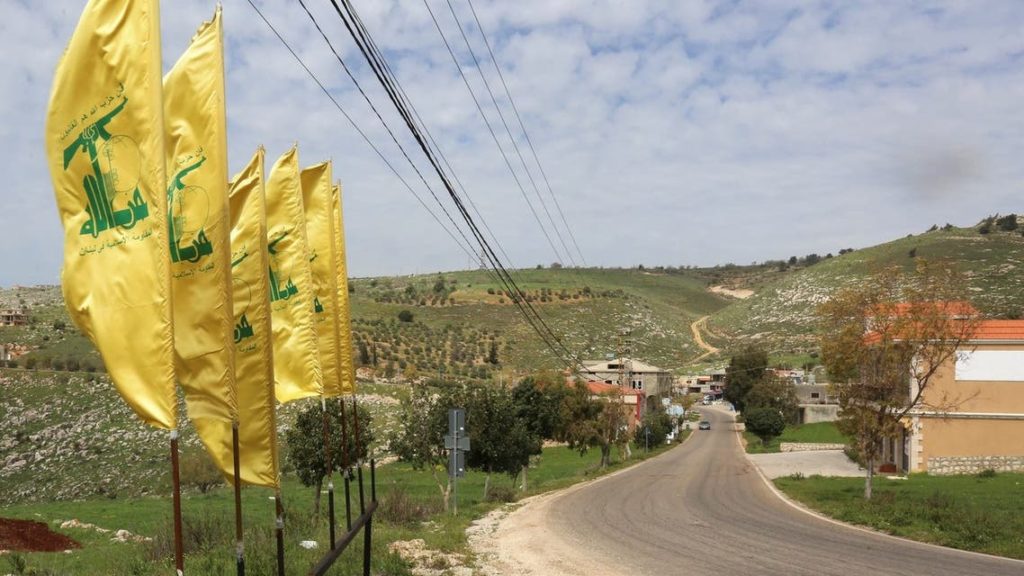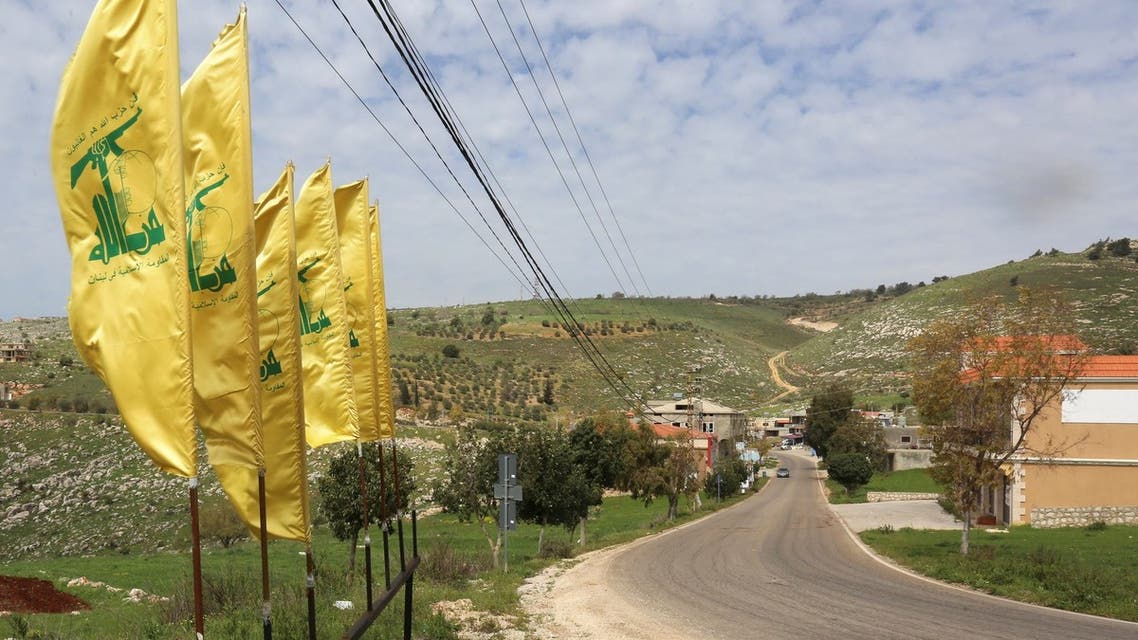
Lebanon’s caretaker energy minister on Thursday blamed the country’s fuel crisis on profiteers who smuggle gasoline into neighbouring Syria.
At a Cabinet meeting to discuss the issue, Raymond Ghajar said the gap in gasoline prices between the two countries meant smugglers could make huge profits.
“The price of 20 liters of gasoline in Lebanon is 40,000 Lebanese pounds while the official price in Syria stands at 140,000 Syrian pounds and at 240,000 in the black market,” Ghajar said in a Cabinet statement.
“The Syrian market’s needs for gasoline drive Lebanese smugglers to sneak gasoline into Syria to achieve huge profits.”
Lebanon is in the throes of a deep financial crisis which is posing the biggest threat to its stability since the 1975-1990 civil war.
The economic meltdown has meant cash for fuel imports to generate electricity has run low with parliament approving a $200 million emergency loan at the end of March that can fund only two more months of consumption. read more
Caretaker finance minister Ghazi Wazni warned earlier this month that Lebanon would run out of money to fund basic imports like fuel and wheat by the end of May.
In neighbouring Syria, where the economy is also collapsing under the weight of a decade of conflict and Western sanctions, there have also been frequent fuel shortages in government-controlled areas.
REUTERS


Leave a Reply
You must be logged in to post a comment.